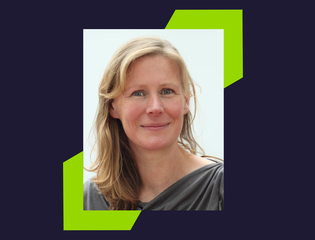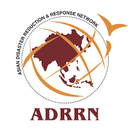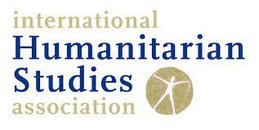ALNAP wants the With learning comes change initiative to be collective, collaborative and interactive, so from the outset we have been encouraging ALNAP colleagues, members, other organisations and humanitarians wherever they are, to share their insight on learning.
You can find these contributions by clicking on the links below. If you would like to contribute your own insights on learning, we would love to hear from you. Get in touch at [email protected]
Statements on learning
The Asian Disaster Reduction and Response Network (ADRRN) envisions contributing to the transformation of the Asian region from being the most disaster-prone to the most disaster-resilient by 2030. To achieve this, understanding why hazards turn into disasters is crucial, often involving a combination of exposure and vulnerability elements. ADRRN is committed to prioritizing learning as a key agenda so that we learn from yesterday, for a safer tomorrow.
There is so much great content to support humanitarian learning and reflection available, ranging from podcasts, videos, and online courses to papers, reports, and books. There are learning resources that can help build technical expertise, share lessons from history, and dive into conceptual debates. Humanitarians can enroll in more structured, formalised forms of learning like degree programmes, participate in short trainings, or construct their own curriculum that speaks to particular interests.
Humanitarian learning has multiple dimensions. Learners can take in information, like that from the resources mentioned above. They can create new reflections, including through activities such as journaling and poetry. Even conversations over a cuppa are within the realm of learning. Past research shows that networked learning is extremely valuable in the humanitarian sector.
Learning can help us gain new skills to tackle old problems, understand issues in different lights, and harness historical knowledge for contemporary application. However, one of the most significant barriers for humanitarians to engage in learning is time. Using Leap Day to carve out some time for learning can take many forms – going for a walk with a podcast, reading a PDF, and taking part in a training are just some examples.
Those involved in education and training on humanitarian studies might consider joining the International Humanitarian Studies Association’s Humanitarian Education and Pedagogy Working Group, or another working group aligning with their interests. Information on the working groups, including how to join, is available at https://ihsa.info/working-groups/.










